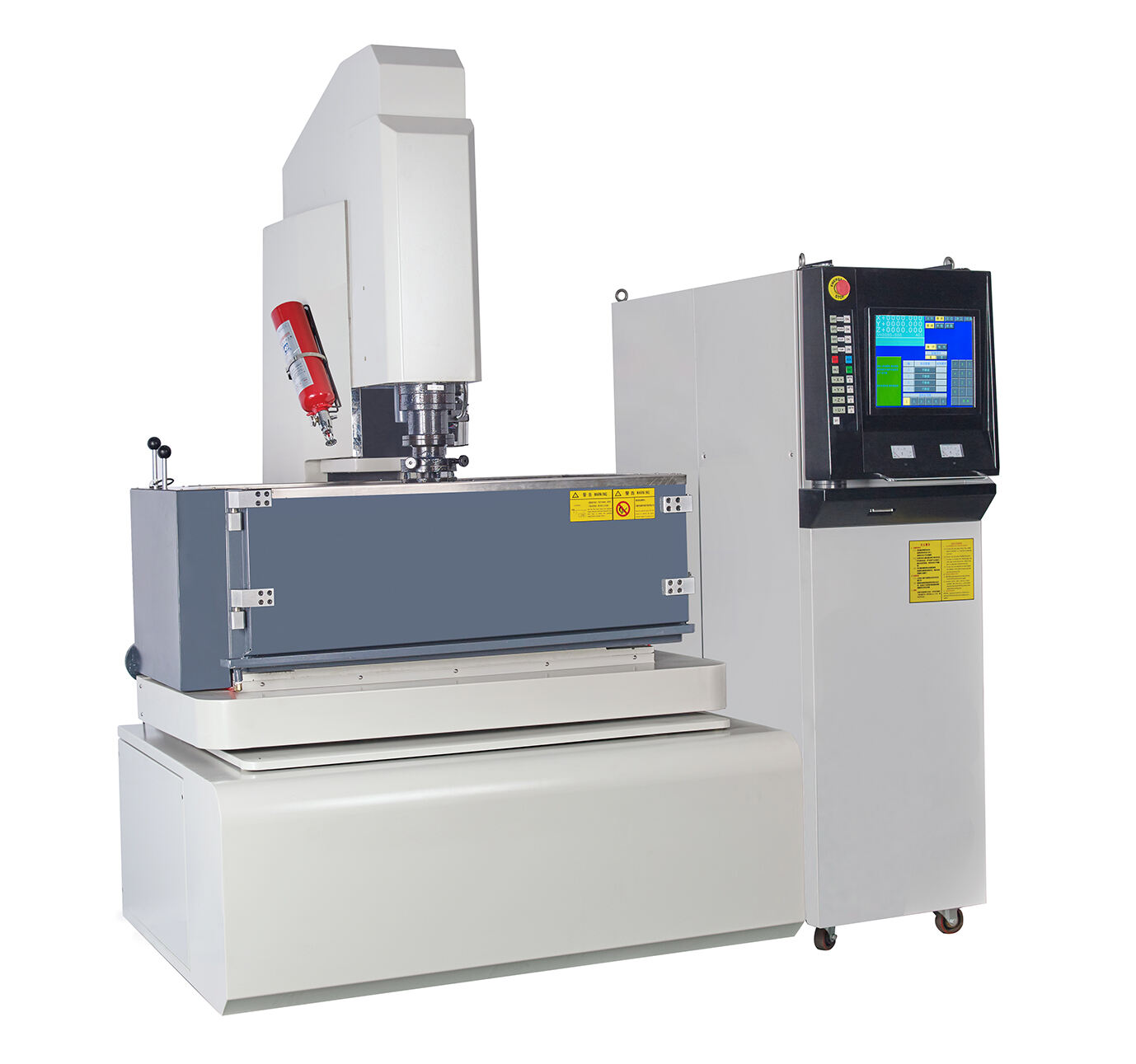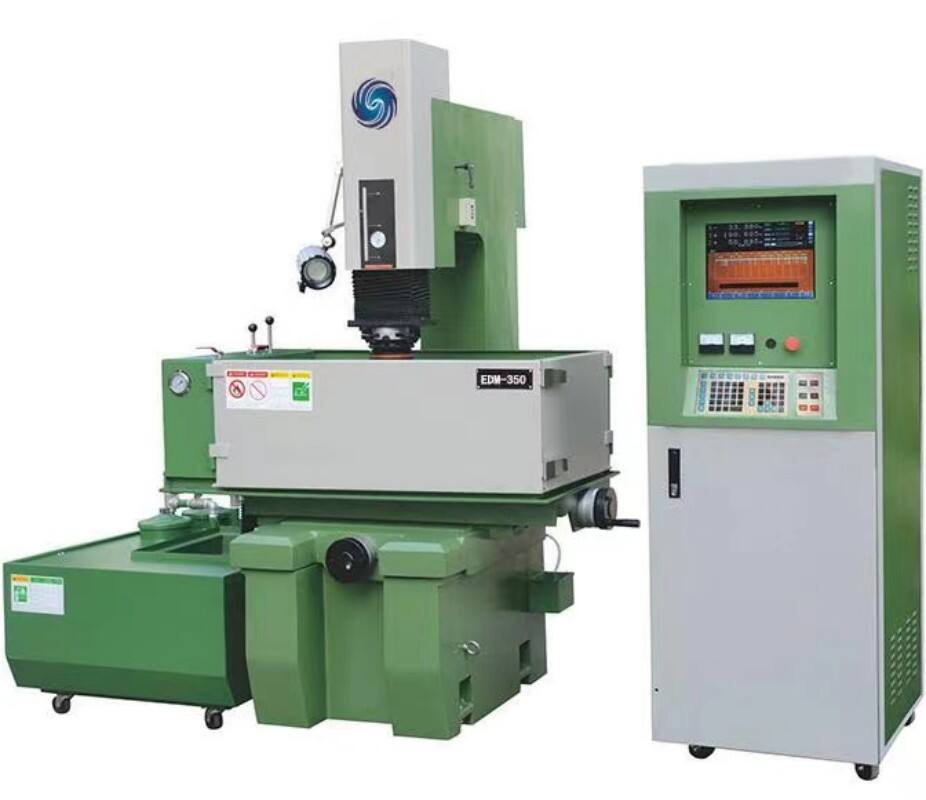Understanding the Revolutionary Impact of Sinker EDM Technology
Modern manufacturing demands precision, efficiency, and innovative solutions to complex machining challenges. Sinker EDM, also known as ram EDM or conventional EDM, has emerged as a groundbreaking technology that transforms how industries approach metalworking and precision manufacturing. This sophisticated machining process employs electrical discharges to remove material and create intricate shapes with unprecedented accuracy.
The technology behind sinker EDM has evolved significantly since its inception, offering manufacturers capabilities that were once thought impossible. By utilizing controlled electrical sparks to erode material in a dielectric fluid, sinker EDM can achieve remarkable levels of precision while working with even the hardest metals and complex geometries.
Core Benefits of Sinker EDM Manufacturing
Superior Precision and Accuracy
When it comes to precision manufacturing, sinker EDM stands in a class of its own. The process can achieve tolerances as tight as ±0.0001 inches, making it ideal for industries requiring extreme accuracy. This level of precision is particularly valuable in aerospace, medical device manufacturing, and high-end tooling applications.
The controlled nature of the electrical discharge process ensures consistent results across multiple production runs. Unlike traditional machining methods, sinker EDM maintains its accuracy regardless of material hardness, making it exceptionally reliable for critical components.
Capability to Machine Complex Geometries
One of the most significant advantages of sinker EDM is its ability to create complex shapes and intricate details that would be impossible or extremely difficult to achieve with conventional machining methods. The process can produce sharp internal corners, deep cavities, and detailed features with remarkable precision.
Manufacturing engineers particularly value sinker EDM for its ability to create perfect mirror images of the electrode shape in the workpiece. This capability enables the production of complex mold cavities, custom tooling, and specialized components with unprecedented accuracy.
Material Processing Advantages
Handling of Hardened Materials
Sinker EDM excels in processing hardened materials that pose significant challenges for traditional machining methods. The non-contact nature of the EDM process means that material hardness has virtually no impact on machining efficiency or tool wear. This makes it particularly valuable for working with heat-treated steels, carbides, and other super-hard materials.
The ability to machine hardened materials without affecting their heat treatment or causing structural changes is a crucial advantage in industries where material properties must remain unchanged throughout the manufacturing process.
Stress-Free Manufacturing
Unlike conventional machining processes that can introduce mechanical stress into the workpiece, sinker EDM operates without applying physical force. This stress-free approach prevents warping or deformation of delicate parts and ensures that the final product maintains its intended specifications.
The absence of mechanical stress is particularly beneficial when working with thin-walled components or delicate structures that might otherwise be compromised during traditional machining operations.

Production Efficiency and Cost Benefits
Automated Operation Capabilities
Modern sinker EDM systems offer extensive automation possibilities, allowing for unmanned operation during long production runs. This automation capability not only increases productivity but also reduces labor costs and enables 24/7 operation when needed.
Advanced machines can be programmed to handle multiple electrodes and workpieces, automatically changing tools and continuing operations without human intervention. This level of automation ensures consistent quality while maximizing machine utilization.
Reduced Secondary Operations
The high precision and surface finish quality achieved through sinker EDM often eliminate the need for secondary finishing operations. This direct-to-finish capability can significantly reduce overall production time and costs while ensuring consistent quality across all manufactured parts.
The ability to complete complex features in a single setup further streamlines the production process, reducing handling time and the potential for errors that might occur during multiple setup operations.
Surface Finish and Quality Control
Superior Surface Quality
Sinker EDM can produce exceptional surface finishes, with roughness values as low as 0.1 μm Ra. This capability makes it ideal for applications requiring high-quality surface finishes without additional processing steps. The process can be fine-tuned to achieve specific surface characteristics, from mirror-like finishes to controlled textured surfaces.
The consistency of the surface finish across all processed areas, including deep cavities and complex geometries, is another significant advantage that sets sinker EDM apart from conventional machining methods.
Process Monitoring and Control
Modern sinker EDM systems incorporate advanced monitoring and control features that ensure process stability and part quality. Real-time adjustment of machining parameters helps maintain optimal performance throughout the entire operation, while sophisticated sensors detect and prevent potential issues before they affect part quality.
The ability to maintain detailed process documentation and traceability is particularly valuable in industries with strict quality control requirements, such as medical device manufacturing and aerospace applications.
Frequently Asked Questions
How does sinker EDM compare to wire EDM?
While both processes use electrical discharge machining principles, sinker EDM uses shaped electrodes to create complex cavities and shapes, while wire EDM uses a continuously moving wire to cut through materials. Sinker EDM is particularly advantageous for creating deep cavities, complex 3D shapes, and features that cannot be produced with a wire cut.
What materials can be machined using sinker EDM?
Sinker EDM can effectively machine any electrically conductive material, including hardened steel, carbides, titanium, exotic alloys, and copper alloys. The process is particularly effective for materials that are difficult to machine using conventional methods due to their hardness or toughness.
What are the typical applications for sinker EDM?
Common applications include the production of injection molds, die casting dies, forging dies, complex aerospace components, medical implants, and precision tooling. The process is also widely used in the manufacturing of intricate electrical components and custom machinery parts that require extreme precision and complex geometries.




